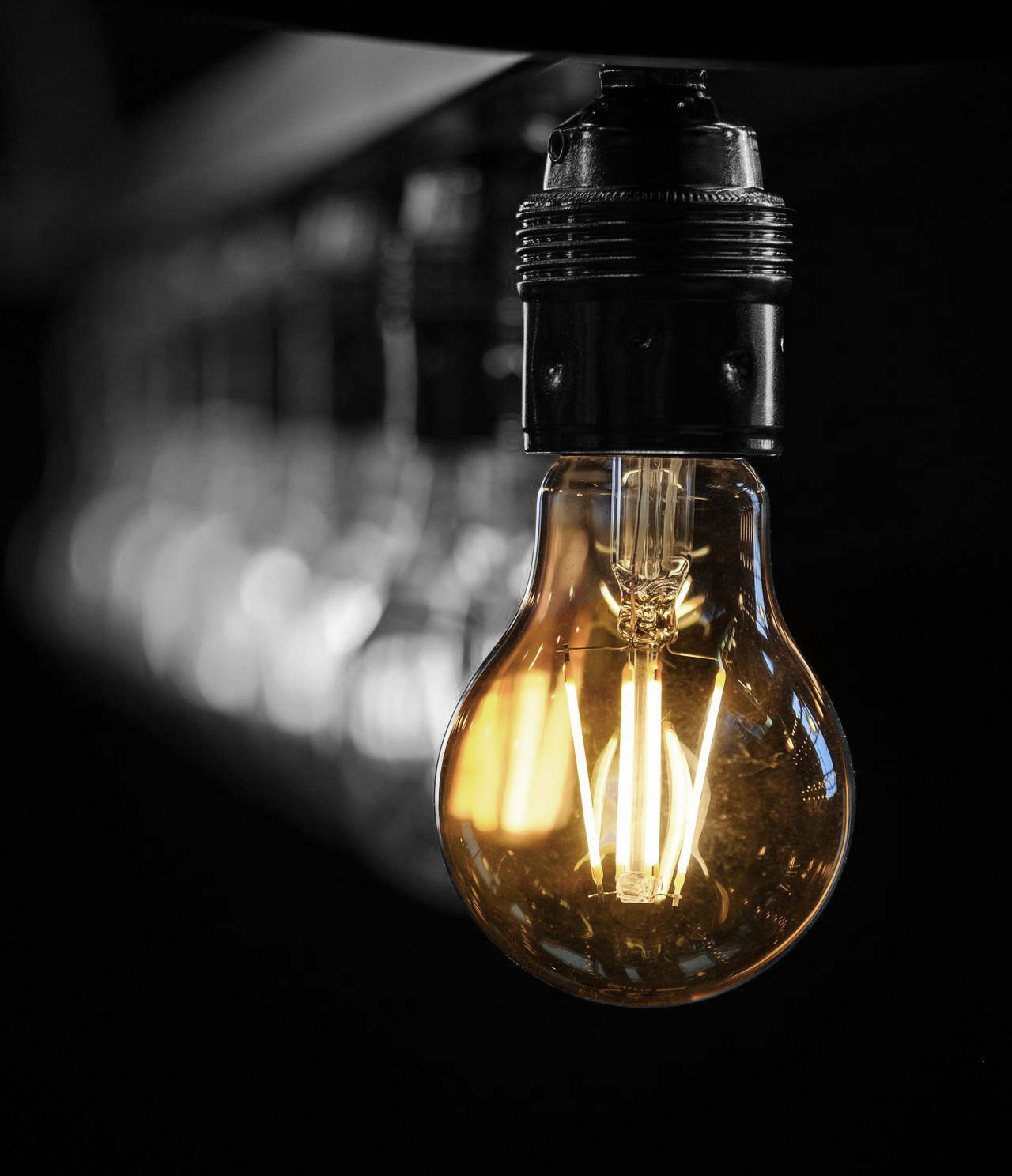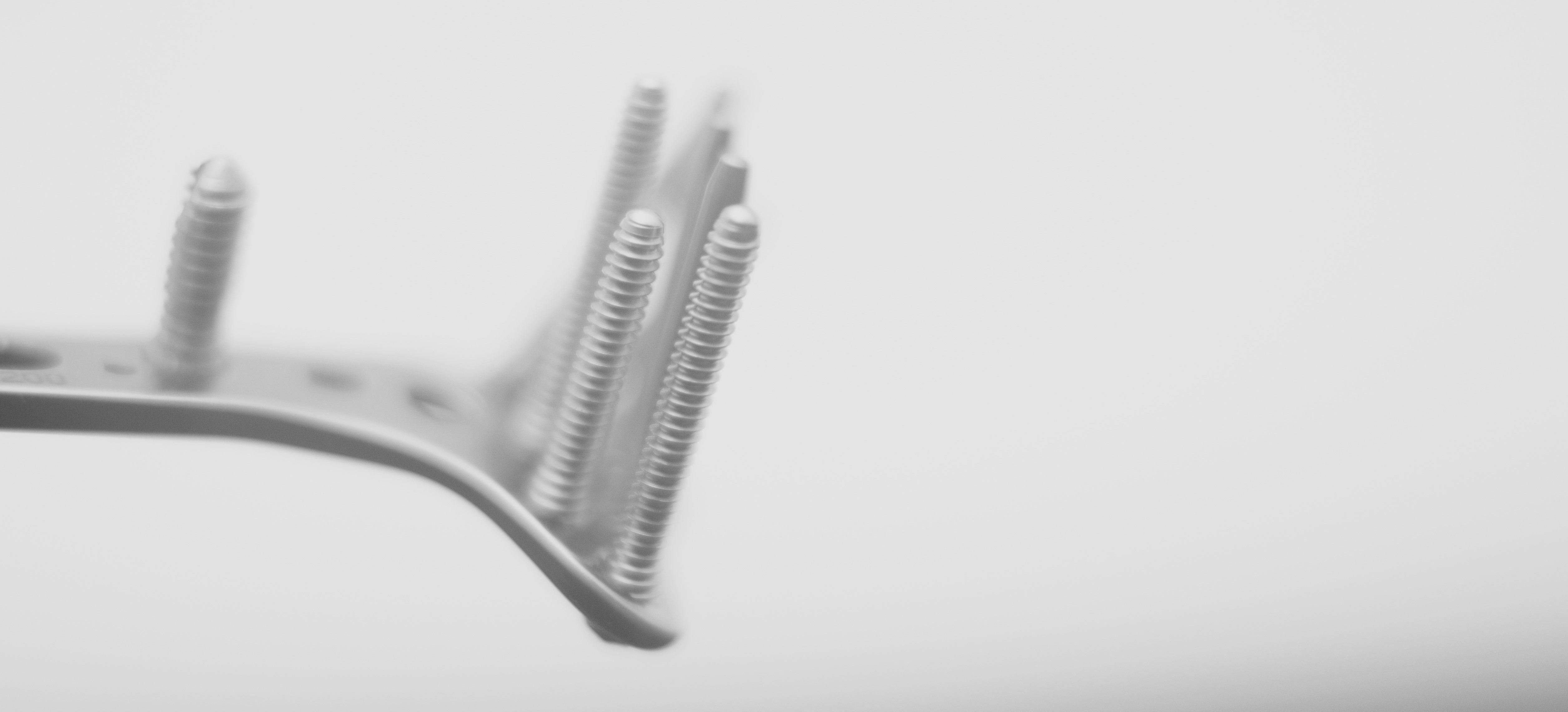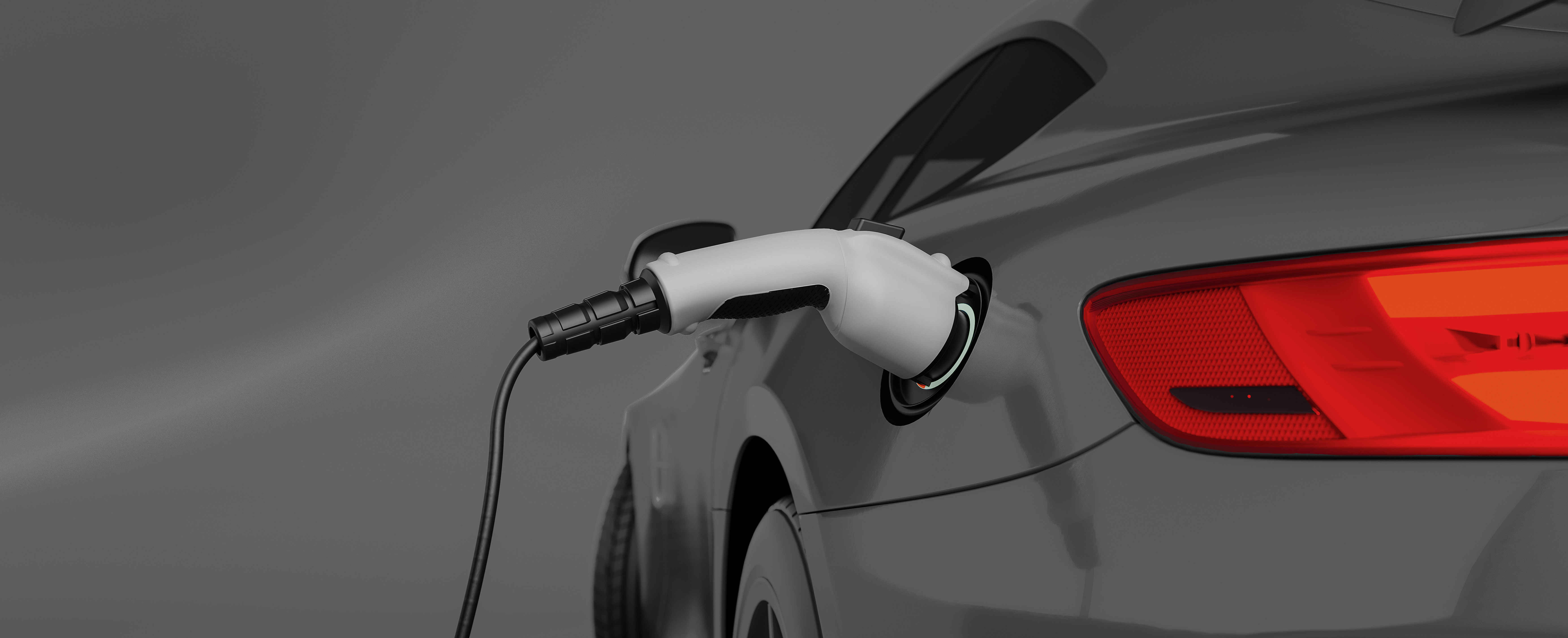


From the first idea to small series production, we are there to help you with innovative approaches and well-founded know-how. Whether experimental work to demonstrate feasibility, prototype engineering or even the implementation of the newly developed product into your production line.
Specific modifications to the surface of a product can positively influence its properties. Due to our focus on surface coating and surface analysis, we have many years of exceptionally well-founded expertise in surface technology. We are happy to make this available for a wide variety of projects within the scope of contract research.
Coatings can significantly improve your product.
For example, applied coatings can improve the corrosion susceptibility of steel. The biocompatibility of medical devices can also be increased in this way. By creating porous surfaces, spaces for drugs are created on the surface of implants. Ion implantation is used to favorably influence tribological properties such as friction or hardness, or to functionalize polymer surfaces.

After a detailed analysis of your problem, the duration of the project and milestones with precisely defined goals are determined with you. Subsequently, production methods adapted to your needs with different process parameters are developed or proposed and the best variant is selected.
Small batches are then usually produced using this method, with the aim of thoroughly testing the new or improved product for functionality and reliability. Even after the implementation of the new method in your production lines, we are at your disposal if needed, for example for analytical work in the field of quality control. During the entire course of the project, from pre-testing to completion, there is an intensive exchange with you.
You will always receive fast and reliable support from us - including for analytical issues, for example:

Our focus in medical technology is to increase the compatibility of implants: especially by coating and modifying the implant surfaces.
Enormous demands are made on medical implants, because the body reacts very sensitively to "intruders". Implants require a very high level of biocompatibility, i.e. the body should not perceive the implant as an irritating foreign body, but should accept it as good as possible. The basic precondition for this is that the implant is made of a suitable material and has no toxic effect on the body. But the surface properties of the implant also play a major role in the question of optimal integration into the body.
This is where our research in the field of medical technology comes in. Our work focuses on increasing the compatibility of implants and enabling the targeted delivery of active ingredients. We do this by applying biocompatible layers and changing the surface morphology. This is often accompanied by functionalization of the surface, e.g. porous structures created can serve as a depot for active ingredients or provide better ingrowth. The applied layers must of course have excellent adhesion to the base body so that no components detach from the implant. In terms of adhesion, we achieve very good results with our PVD coating technology, for example with ceramic coatings on dental implants or with sensitive implants such as metal supports for coronary arteries (stents). Another focus of our R&D activities in the field of medical technology is the production and optimization of bioabsorbable zinc-based alloys for bioabsorbable implants such as stents or bone implants. For this purpose, we cast the required alloys (patent granted) in our casting facility and process them by thermomechanical methods such as extrusion. As a result, we obtain alloys that are optimized for the respective application in terms of mechanical stability, biocompatibility and dissolution kinetics. Continuous control of chemical composition, grain size and mechanical values guarantees consistent quality of the alloys. By varying the alloy composition, the grain sizes or by applying coatings, the dissolution behavior of the implant can be adjusted to the specific requirements.
We will be pleased to work with you on possible improvements to your medical product.

The corrosion resistance of a material can be multiplied by an appropriate protective coating.
We develop suitable coatings for you and find out how thick and how composed the protective metal layer has to be applied in order to double or tenfold the corrosion resistance, for example. These new coating systems are developed to meet the requirements of future-oriented further processing of sheet metal and components, for example for the automotive industry.
The protective layers (e.g. zinc or zinc alloys) and the interlayer (other metals) are applied by electroplating or PVD. The layers are then characterized by XPS/Auger spectroscopy and a depth profile is generated. This is followed by corrosion tests using salt spray tests as well as electrochemical investigations, such as potential-time measurements or cyclic voltammetric investigations for layer evaluation with regard to covering power and corrosion protection. The adhesion of the coatings is determined by a peel test.
We develop improved electrodes for lithium-ion (Li-ion) batteries.
Among other things, we are working on the development of alternative materials and additives to improve the performance characteristics of the Li-ion battery. New materials are used, for example, to replace the classically used lithium cobalt oxide, or additives are used to modify and increase the surface area. We are also working on silicon-based anode materials. The batteries are characterized by performance tests (analytics/e-chemistry), microscopic examinations, FT-IR analyses as well as XPS analysis.
